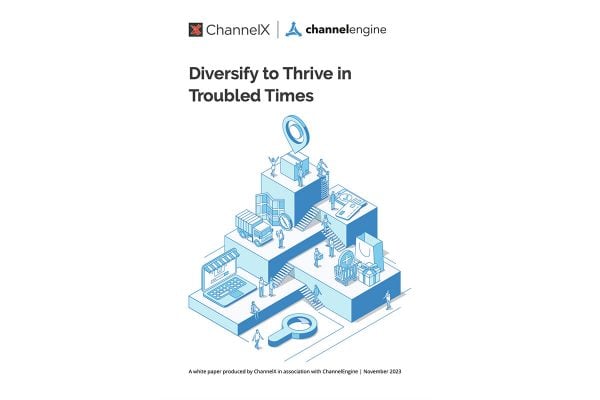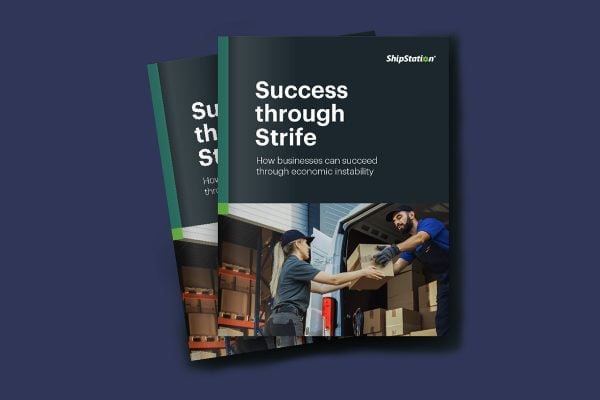Amazon have dubbed a new report by The Author’s Guild as “flawed and contradictory” after it claimed that the marketplace are “taking an unfair share of profit” from authors in the US.
The survey of US writers’ earnings says that book income saw a 21% decline to $3,100 (£2,400) in 2017 from $3,900 (£3,020) in 2013. That’s down by 50% from 2009’s media literature pay of $6,250 (£4,840).
The report says that the growing dominance of Amazon lowers royalties and devalues the cost of books for writers. It says that Amazon booksellers have reported financial losses as a result of “extremely low royalties” paid on the increasing number of deeply discounted sales and 25% of net ebook loyalty.
Merchants’ reselling a large number of books for the price of new ones alongside the publisher’s copies doesn’t help the publishing industry either.
Independent writers who chose to publish with Kindle Direct Publishing (KDP) Select get marketing benefits that come with it including the ability to offer free books for five days are required to take part in KU and accept payments from the platform for reads via KU. KDP Direct. Writers get a loyalty only of 35% if they price their books above $9.99 (£7.74) when 70% of books on the marketplace range between $2.99–9.99 (£2.32-7.74) contributing to authors’ losses and giving Amazon a windfall on books that are expensive to produce.
Increased competition from Amazon’s Kindle Unlimited (KU) which subscribers pay for $9.99 (£7.74) a month also adds to the equation as the marketplace prioritises a promotion of their own platforms for obvious reasons.
This creates a virtuous cycle for booksellers on Amazon as the marketplace controls 85% of the self-publishing market and so most authors have no options other than agree to their non-negotiable terms. Coupled with the pressure Amazon puts on writers to keep the costs down and takes a significant percentage, plus marketing fees forcing publishers to pass on their loses to authors.
“Amazon, but also Google, Facebook and every other company getting into the content business, devalue what we produce to lower their costs for content distribution, and then take an unfair share of the profits from what remains for delivering that reduced product. We get that they like to move fast and break things, but it’s no longer in their own interest to break us. If even the most talented of authors can no longer afford to write, to create, who’s going to provide the content?”
-Richard Russo vice president of Authors Guild
However, Amazon decided not to hold their tongue and address the criticism of the report by saying that the “[survey’s] data does not line up.”
“The Authors Guild has acknowledged that there are significant differences between the data it compared in its recent survey and years prior. As a result, many of the survey’s conclusions are flawed or contradictory. For instance, the survey also shows that earnings increased almost 17% for traditionally published authors and 89% for independent authors, and that full-time authors saw their median income rise 13% since 2013.”
-a spokesperson of Amazon
Mary Rasenberger executive director of Authors Guild stepped in to defend the report by claiming that 17% growth of writers earnings referenced by Amazon only represented a small fraction of the survey’s findings. Her full commentary on Amazon’s is published on The Author’s Guild website, explains that Amazon have picked and chosen the survey’s data to fit their own agenda.
“As we have explained to Amazon and state on our website, if you include all surveyed authors – including those who first published since 2013 – the number is lower: median annual earnings from all writing-related sources of $6,080 versus $8,170. The recent survey does not align perfectly with the data from our prior surveys because we surveyed a much broader pool in 2018, which we felt was important to get a full picture of the author landscape today. That does not make the conclusions ‘flawed or contradictory’ … we believe that the data does indicate a general income decline for published authors as whole, as well as Guild members.”
-Mary Rasenberger executive director of Authors Guild
Amazon have come under fire again for their business activities. This marks a subsequent episode which highlights a sheer contrast of struggling sellers and Amazon’s success. Last year, Philip Hammond chancellor of the Exchequer was considering to introduce a special tax for online businesses, which get a financial gain by paying less than their high-street competitors. However, the plans to create a fair trading environment after a number of high-street retailers have shut down in 2018 haven’t yet materialised.




